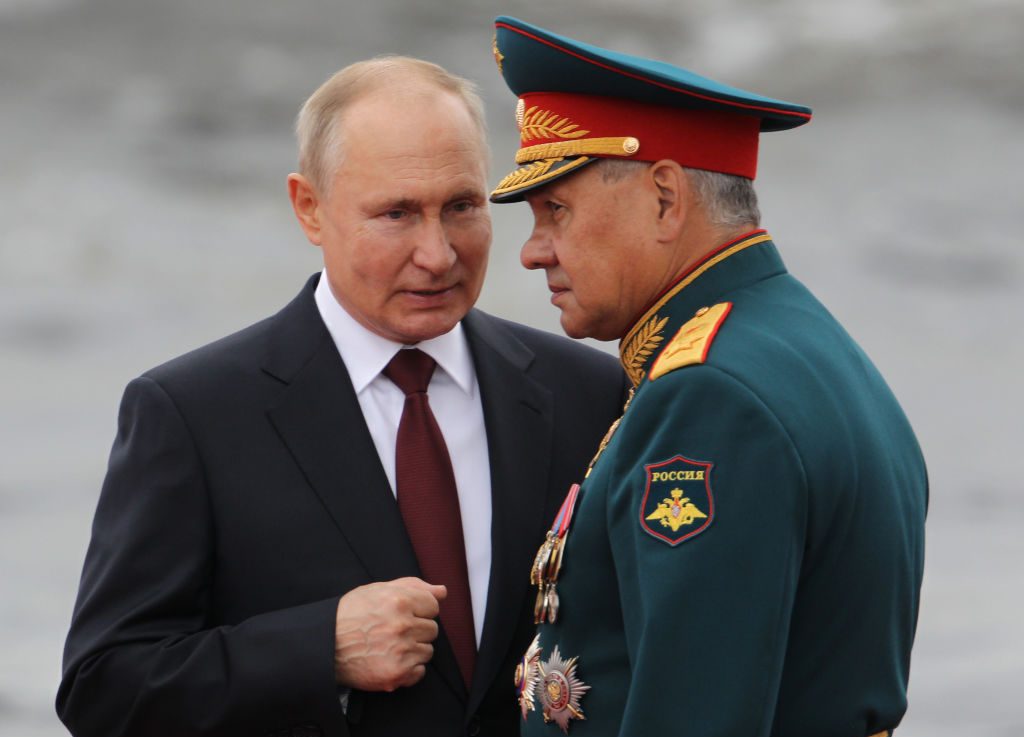It seems that every month the European project becomes more beleaguered. Some commentators and legislators (wearing my hat as a member of the British House of Lords), have been more vociferous in their scepticism about euro-integration than I have – but few have been more consistent.
The basic problem from the British perspective and this is not ultimately confined to Britain, is that the European project is undemocratic. The commissioners for the various policy areas are appointed and not directly answerable to the European Parliament in the same way they would be in a domestic parliament. They exercise a degree of authority unto themselves that is not reconcilable with the gradual devolution of British institutions of government.
The United Kingdom entered the Common Market and the Atomic Energy and Coal and Steel Communities in 1973, and ratified those decisions by referendum in 1975. It did not vote “for an ever closer union”, and when offered the choice, it withdrew following the Brexit vote in 2016.
Britain was never seriously prepared to put a European court at the top of its justice system, to reduce its parliament to little more than a regional council, and to hand its relations with the United States and the original members of the Commonwealth, especially Canada and Australia, to Europeans.
The strains upon democracy in a number of the newer EU member states, some of which have had little previous experience with democratic institutions, are likely to continue and in some cases to worsen. Polls indicating probable moves toward the National Front in France and the AfD in Germany – and similar trends in other European countries, evidence by recent elections in Italy, the Netherlands, Poland, and Portugal – indicate somewhat parallel concerns to those of the British.
The Brussels mentality is one of meliorist authoritarianism that has become broadly identified with the post-Cold War social democratic, levelling dirigisme of the World Economic Forum of Davos.
While the Cold War continued, even as it moderated in the 80s under Gorbachev, the euro-integrationists cherished a dream of the end of the Soviet threat to Western Europe making the Americans dispensable as protectors of Europe. Then the Western Europeans, standing on each other’s shoulders, partially regained the great political influence and cultural preeminence that they squandered in 1914 as they blundered into the horrible hecatomb of World War I and the communist, fascist, and in Nazi monsters that hit spawned.
The implosion of the Soviet Union swiftly accelerated the dreamworks of Brussels and the European bureaucracy. With the cooperation of enough politicians – so long as public opinion didn’t stampede out from under them – they accelerated their pursuit of their social democratic ideal and proudly revealed it. They were absurdly confident that it would win the adherence of all Europe, possibly even including Russia. America could then be regarded as superfluous, and might even be expected eventually, after it had shaken off the entrails of Reaganism, to get in lockstep with Europe.
In any case, the correlation of forces in the West would have changed: the reunification of Germany and the enlargement of the European Union to include former Soviet satellite countries would make it steadily larger and self-affirming.
Europe would emancipate itself from what a great many Europeans purported to regard as the cavalier treatment of the Great American Chautauqua which bumptiously persevered even when disguised by the elegance of some of its more worldly presidents such as Roosevelt, Kennedy, and Nixon.
The fact that most of this was just dreams of sugar plums dancing in the overstuffed heads of the Brussels Curia and their acolytes should not cause anyone to discard the European project completely. It is a magnificent accomplishment that practicably all the states between Portugal and Finland, Poland, Slovakia, Romania, and Bulgaria are working diligently to achieve a continental policy in many areas and have set aside a great many profound national hostilities that have riven Europe since the rise of the nation state and before.
When I controlled a national newspaper in London, we advocated a two-tier Europe: full integration for those countries which wished it, and a common market with as much additional cooperation as individual members who wanted to stop short of integration were comfortable with – all in the context of the Western alliance.
I also continually lobbied the Canadian government and appropriate members of the United States Senate to engage in at least exploratory talks on behalf of the North American Free-Trade Area with the EU.
I do not claim to have been remotely successful, any more than I was in urging upon my Conservative colleagues in their lordships’ house the reestablishment of the House of Lords foreign affairs committee.
An immense number of people in all of the Western European countries are now groping around among themselves and trying to conceive of a fallback position where as much as possible can be saved of European solidarity without trying to gallop away again into a fantasy land of continental homogenisation.
The Ukraine War and the lack of adequate leadership in recent months from the faltering Biden administration, aggravated by the irresponsibility of many Republicans who should know better, pose a serious threat to everything that all factions in the European debate and the current American contemplation of revisions to NATO continue to embrace.
But it has also shown a more robust and effective response from Europe than had been generally anticipated, certainly by the Kremlin. This is serving to remind Americans in this election year that in addition to complaining about European freeloading, they should not lose sight of the fact that if they want a fully paid up membership, they are going to have to show a good deal more imaginative and consistent geopolitical leadership than they have in the last three years.
On the one side of the Atlantic as on the other, as we change the bathwater, we should neither dispose with the baby, nor submit it to the torture of Solomonic division. The West won the World Wars and the Cold War. Whatever the current phase may ultimately be called, there is no excuse for us not to win this round too.





There can be no peace in the Middle East until Hamas is eliminated. Israel is being held to different, higher, standards than any other state